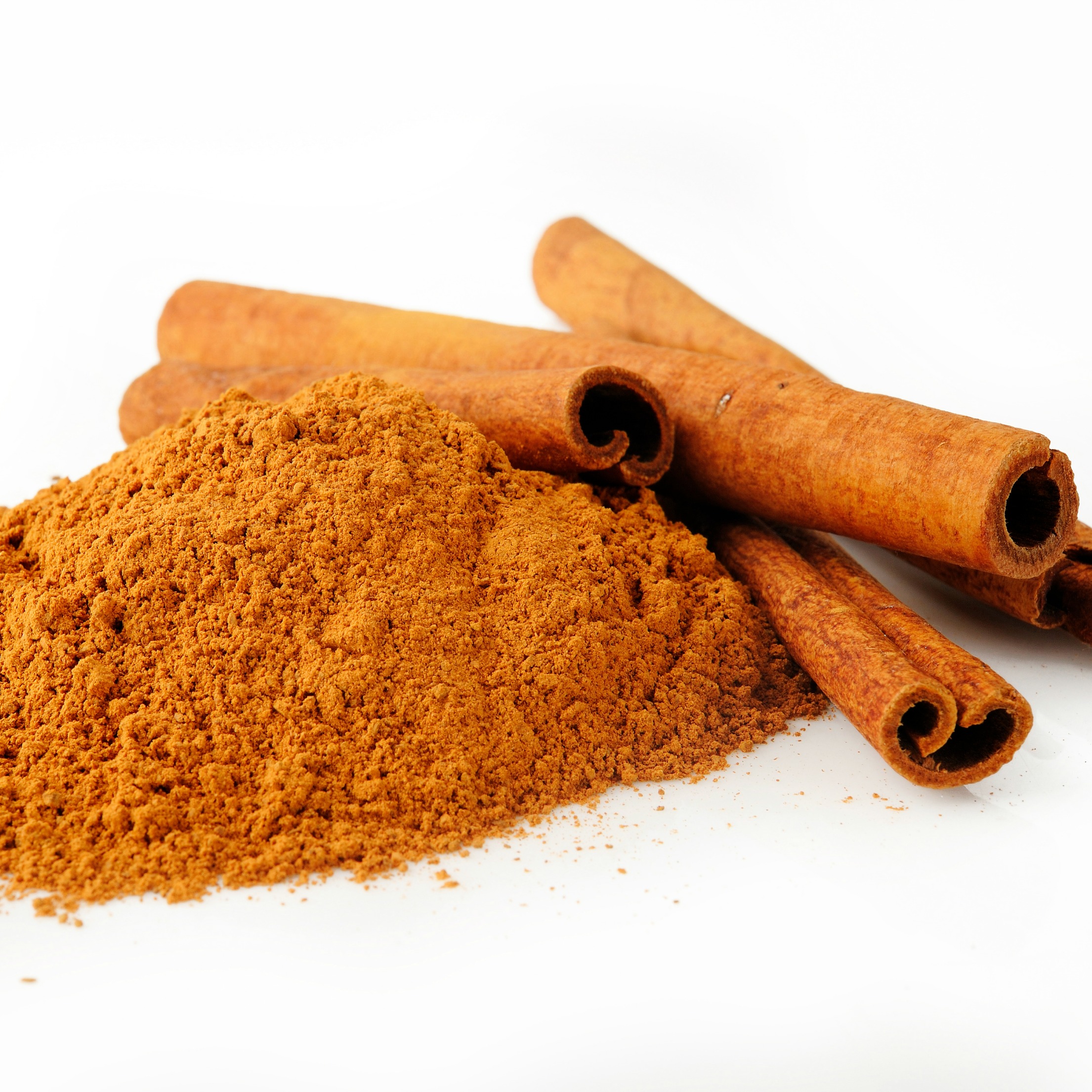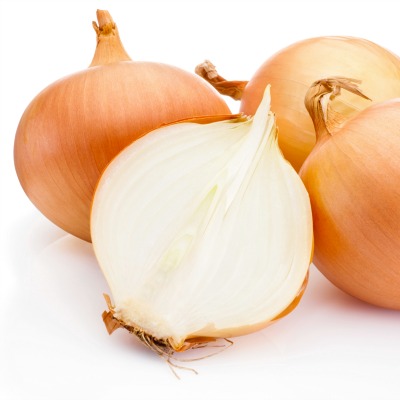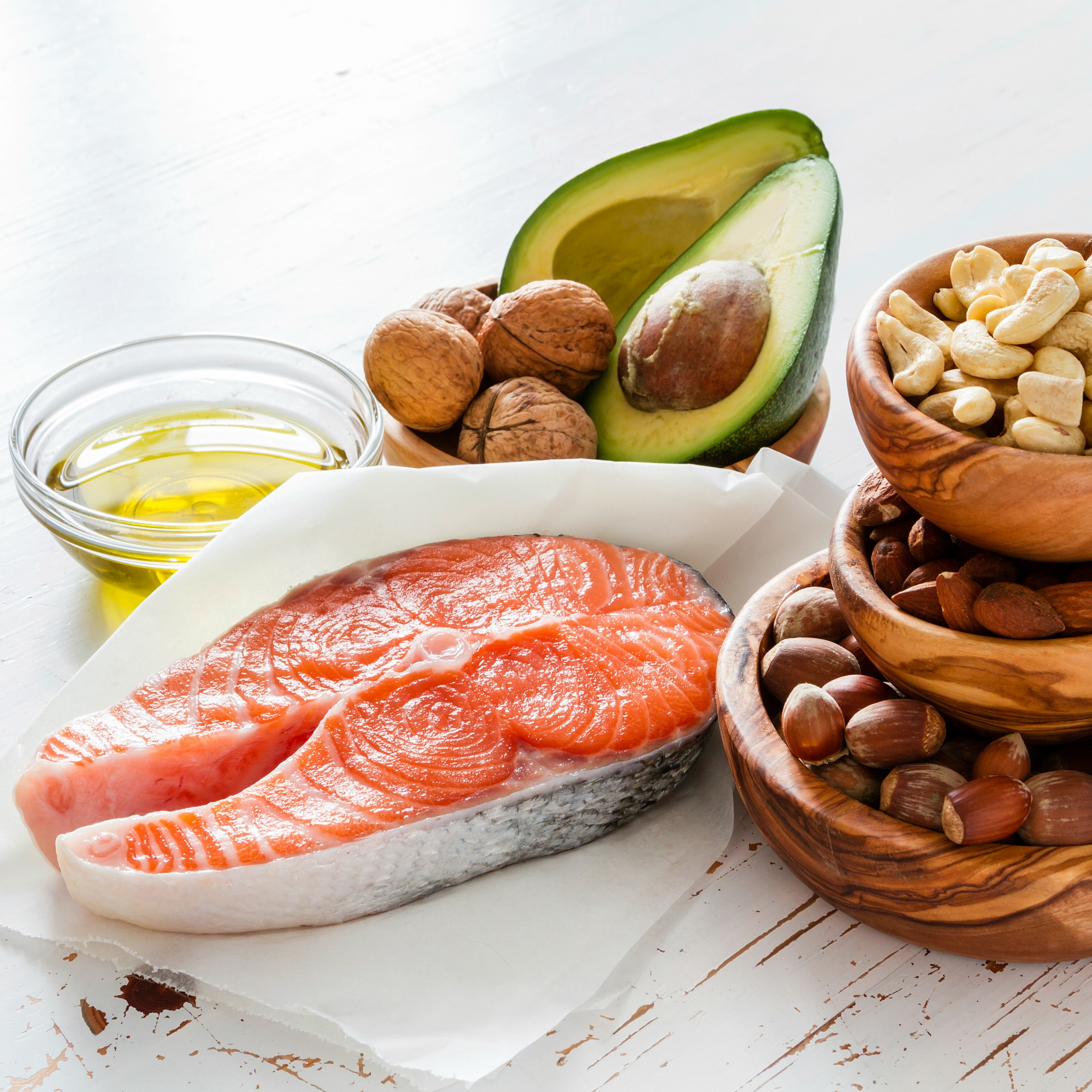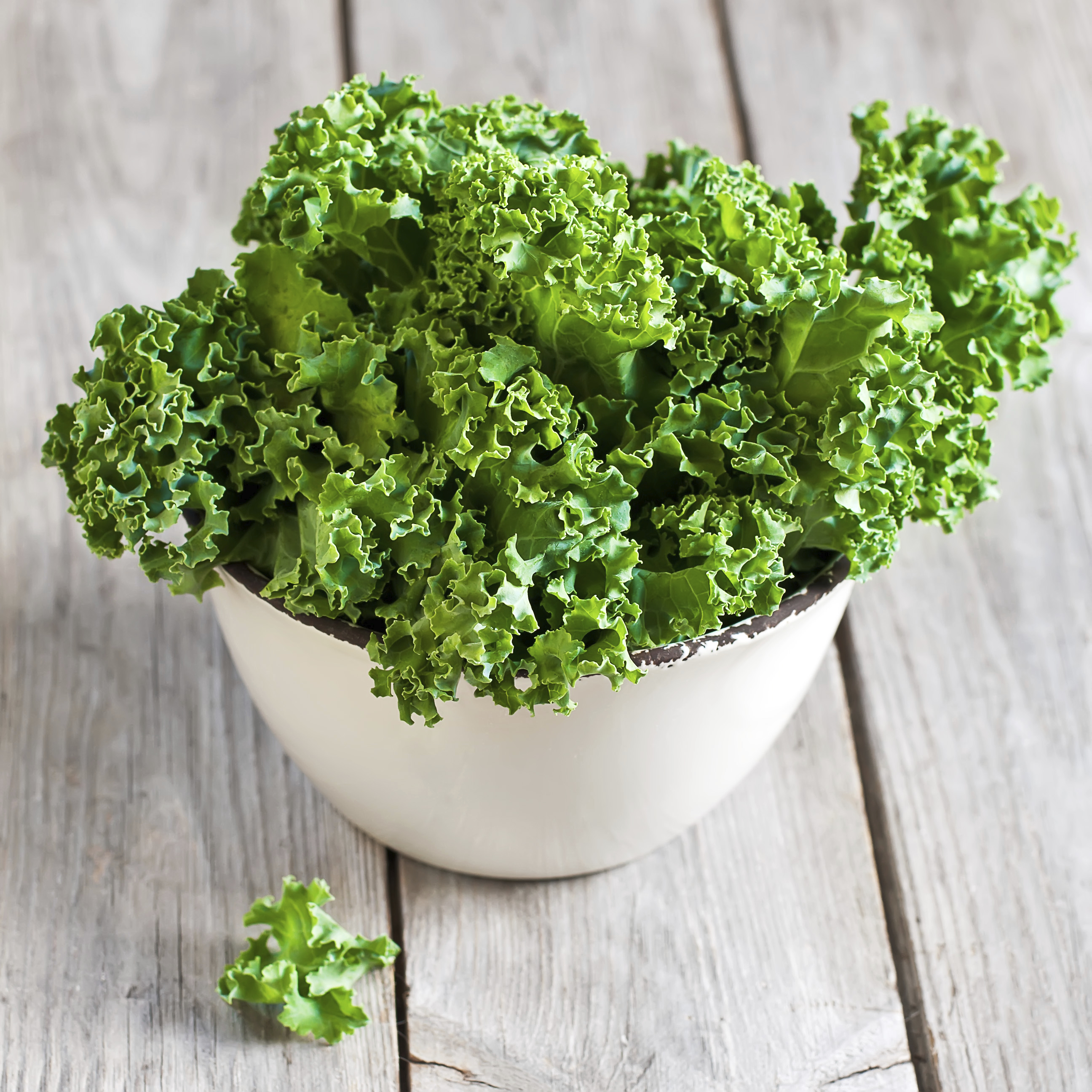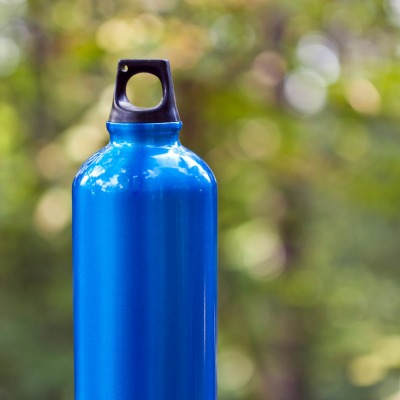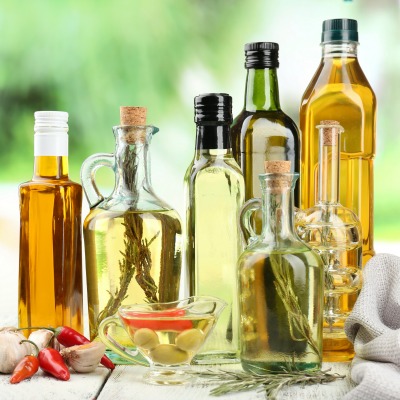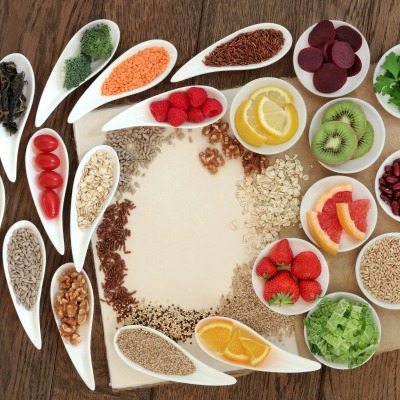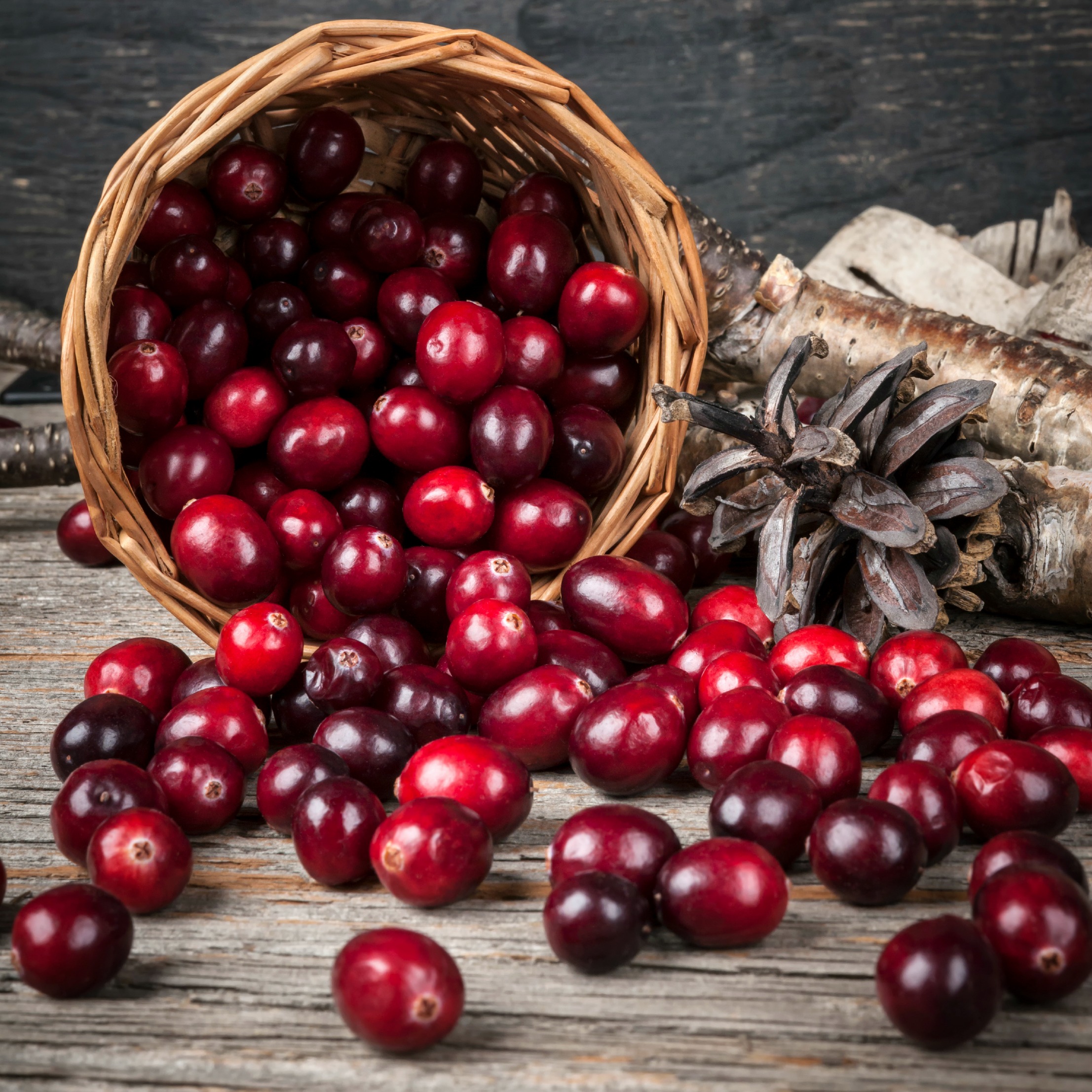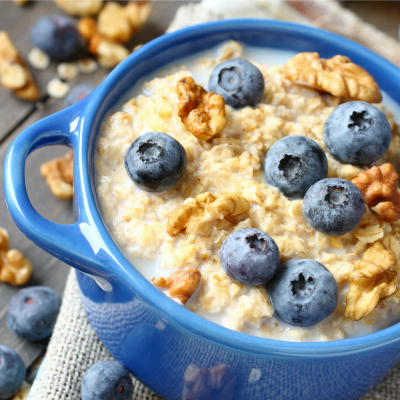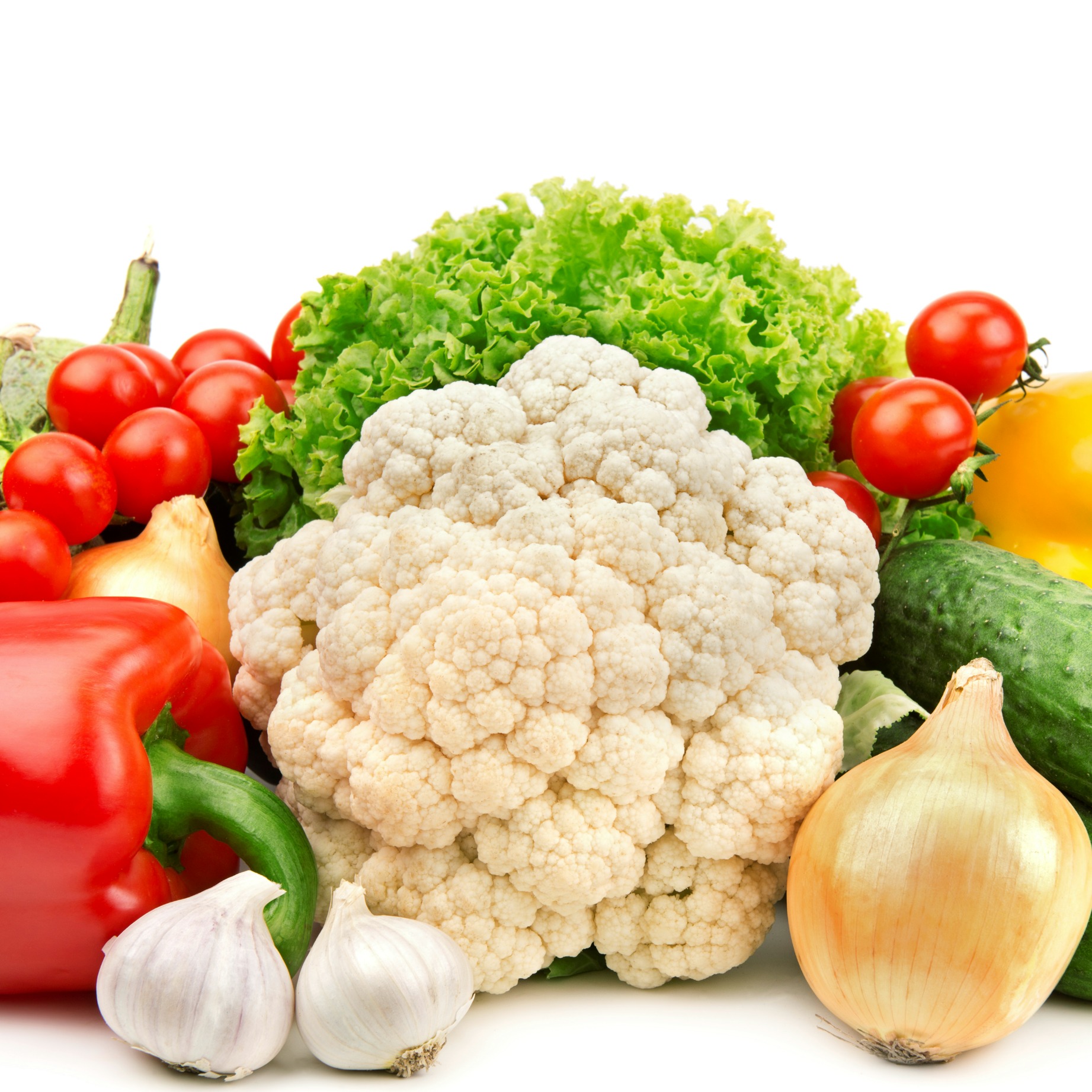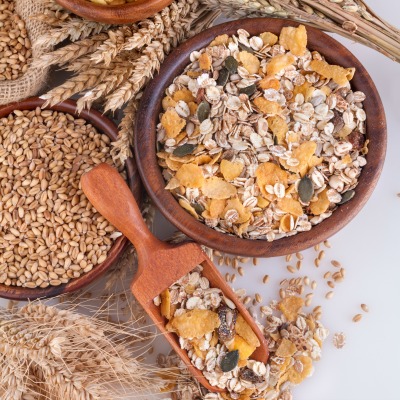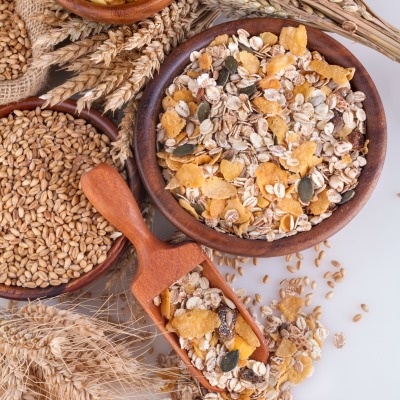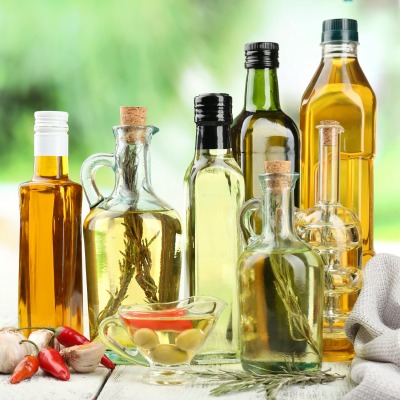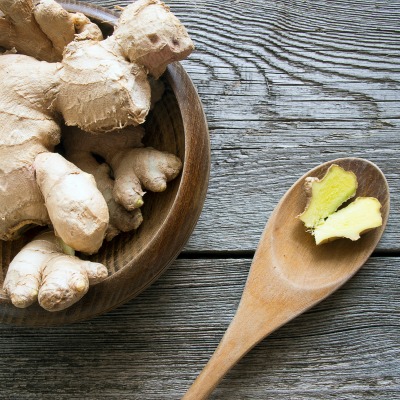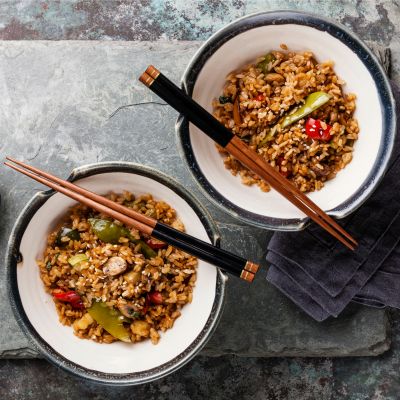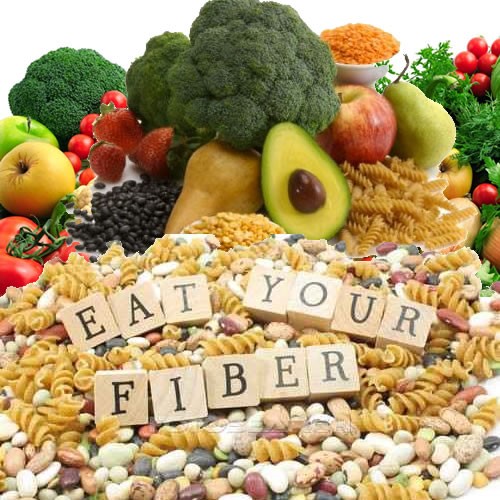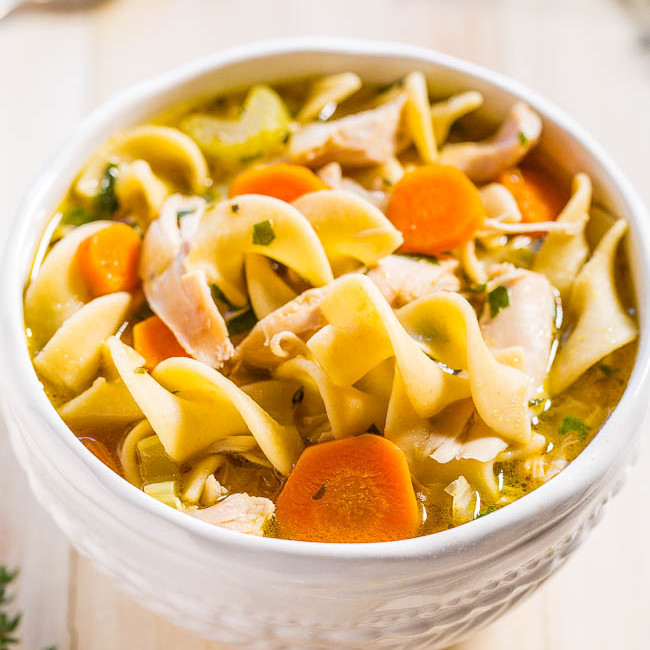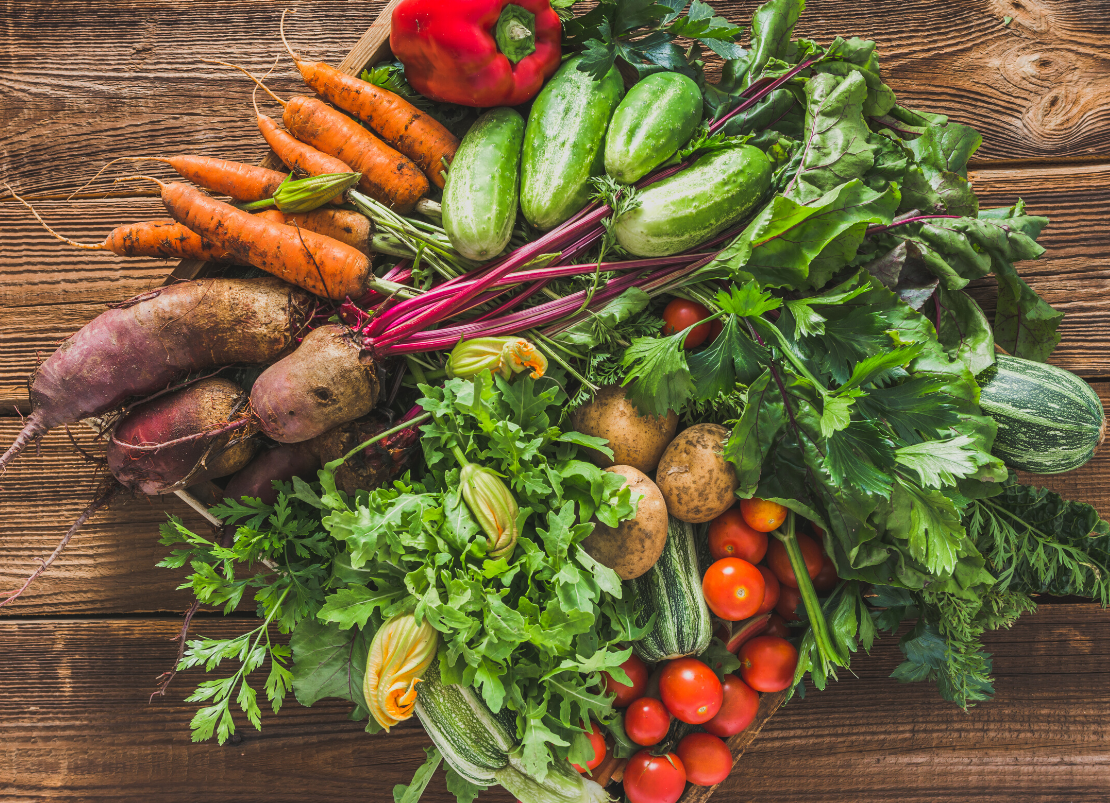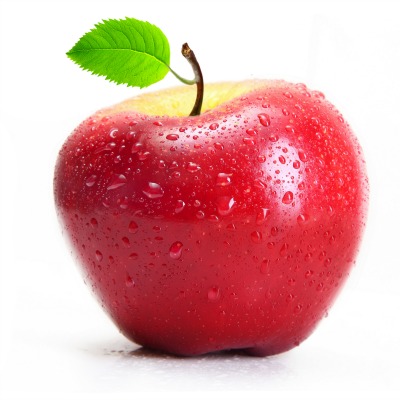
Despite cutting out hearburn triggers such as fatty foods, spicy snacks, and alcohol, you still get the fire in your chest. Low-acid and anti-inflammatory foods such as these can help tame the flames causing your heartburn

- Melons and bananas. While most fruits have a high acid content, these don't. Bananas are always handy as a snack food. All sorts of melons are good, like watermelon, cantaloupe, and honeydew.
- Oatmeal. It's a great way to start your day. Oatmeal doesn't cause reflux, it's filling, and it has lots of healthy fiber.
- Green veggies. Broccoli, asparagus, green beans, celery, and cauliflower are all low in acid.
- Lean poultry and meats. Prepare chicken and turkey grilled, broiled, baked, or steamed. Just remove the skin-- and don't fry it. Even ground beef and steak can be fine, as long as they're lean.
- Root vegetables such as carrots, turnip, parsnip, and yams (just not onions)
- Fish. Grilled, poached, and baked fish are all good choices as they contain Omega 3s (an anti-inflammatory). Just don't fry it or use fatty sauces.
- Egg whites. They're a good source of protein and are low in acid. Just skip the yolk, which is more likely to cause symptoms.
- Fennel. This crunchy vegetable with a licorice flavor makes a great addition to salads. It has an anti-inflammatory effect and has a pH of 6.9, so it's low in acid, too.
- Ginger. A long-standing natural treatment for upset stomach, ginger does seem to have benefits for reflux.
- Parsley. That sprig of parsley on your plate isn't only for decoration. Parsley has been a traditional treatment for upset stomach for hundreds of years. And there's some evidence that it can help with acid reflux.
- Aloe vera. This is another old treatment for GI problems that seems to help with reflux. You can buy aloe vera as a plant or as a supplement -- in capsules, juices, and other forms. It works as a thickener in recipes.Just make sure it’s free of anthraquinones (primarily the compound aloin), which can be irritating to the digestive system.

